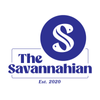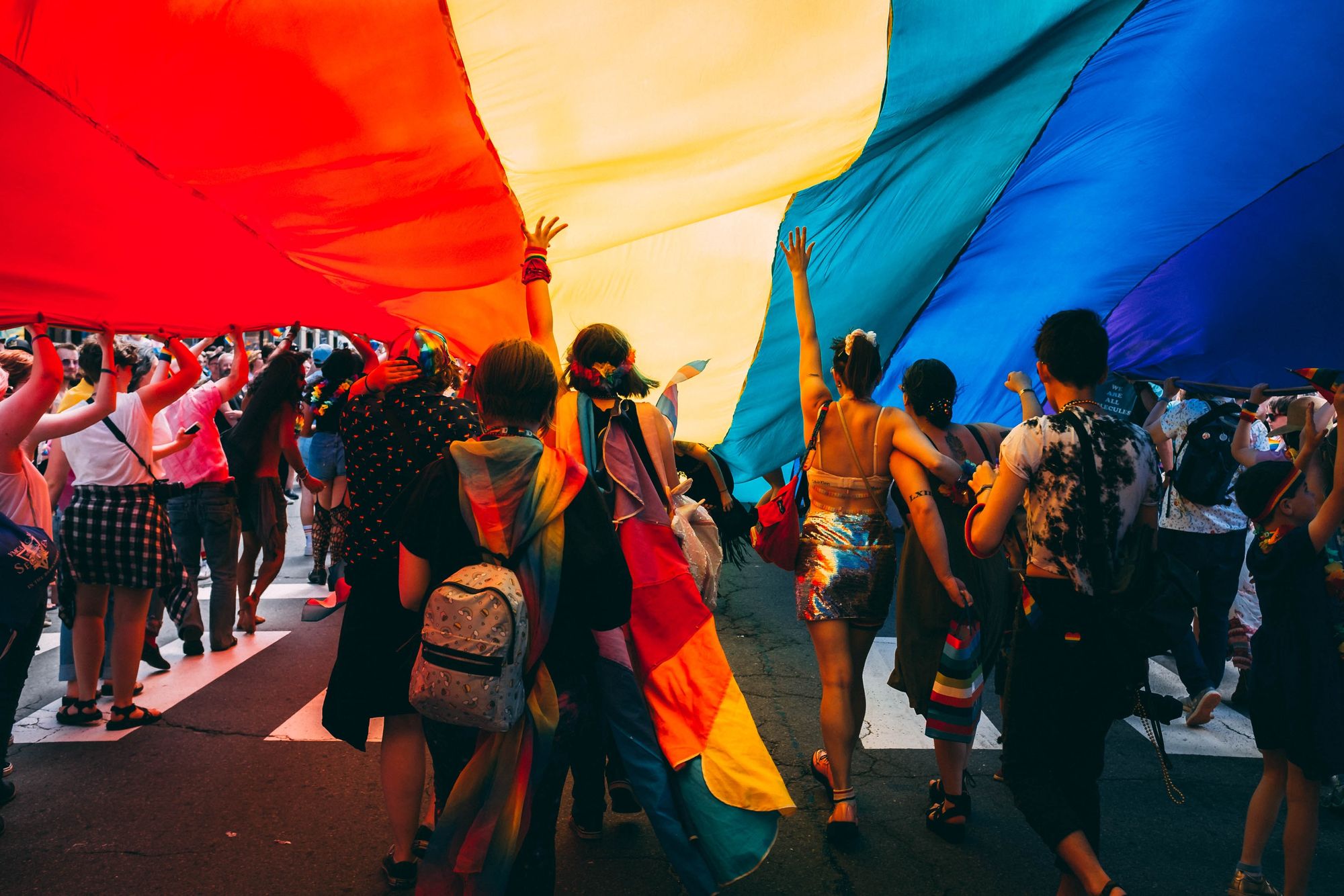By Timothy Burger
RECENTLY I sat down with Dusty Church, board chair at First City Pride Center, to talk about Savannah’s queer past and present.
It’s no small feat to notice that this month in particular has brought with it a host of Pride flags and attention to the LGBTQ+ community in Savannah. It’s Pride Month after all, and it’s a visible time—and for the queer community in Savannah, it’s always a visible time. Savannah is very much a destination for many in the queer community, this eccentric, beautiful oasis in the Deep South. There is a vibrant and healthy LGBTQ+ community in Savannah, even when it may appear to go unnoticed.
According to Dusty, Savannah is full of queer people, though it is a bit disjointed. There are “seasoned folk,” those who have been around a while and have communities of support, and friendships—and newer people to Savannah who are attempting to connect. First City Pride Center offers numerous ways to foster such connections, to create links in the community.
In past memory, when those in the queer community wanted to connect, they claimed spaces, especially since there were few public spaces that were safe. Today in Savannah, the same thing is happening, though in a different way. It’s not so much that spaces are unsafe, so much as it is that LGBTQ+ folk are simply claiming space to gather without repercussion. This is certainly a testament to how far we’ve come locally and nationally in terms of equal rights, and protection, though Savannah was not quick to pass such laws.
During our conversation, some poignant things struck me: so much work has been done behind the scenes to make sure that our community is represented, and represented well, in our local government. Notably, work to make sure that employment healthcare is equitable for LGBTQ+ people, that we are represented in City Councils, to the Police Force, and the Fire Department, that non-discrimination policies are enforced (they are fairly young)— all of this has been done diligently, much of which passes the public eye without notice.
Over the last 20 years or so, according to Dusty, advocacy has never stopped, but there has been a lack of organizing. We are so fortunate to live in a time when marriage equality exists for those who desire it, and during a time when care is available to those in the trans community, and yet we all know that nothing is permanent. With the potential stripping of Roe v. Wade, a precedent used for so many other legal cases, including marriage equality, the building blocks of equality and justice can always topple. The question then becomes, for those who have been fighting for so long, like those at First City Pride Center: who will take up the mantle, or who will take up the cross?
It is time to organize again, to join in community, as a proud queer community in this strange and wonderful place we all call home. Savannah has always been queer: notable names and figures in our history attest to this (that little teaser is to spark the dialogue!) and it is time for all of us, including those for whom organizing may not be common, to engage. Our pride isn’t only in June, after which corporations and business will delete the “show your pride” options from social media pages—our pride is steeped in legacy.
Wouldn’t it be great to have a robust “History of Queer Savannah?” Some research into the matter reveals a patchwork quilt of sorts—pieces of stories and lore and rumors here and there, with a healthy dose of fact as well. What I’m suggesting is simply that the rise in visibility of Queer Savannah is something that doesn’t stand alone, and didn’t happen in a vacuum.
Check out First City Pride Center’s website at https://www.firstcitypridecenter.org.
You’ll find a host of things going on, groups to join such as public events, mixers etc., because the truth of the matter is that we need each other. All of us, together. One place to start, perhaps, is by insisting that our own history not be left out of this place, and continue to take our places in the life of the city.
To the LGBTQ+ established community in the city: reach out; make connecting accessible. To those still searching for community: reach out; make connections, take the first step to attend an event. (A good one is Say Gay! this Friday at Bay Street Cabaret, or the Stonewall Block Party and FCPC Anniversary on Saturday.)
In the days ahead, keep the flags out, and show up. Whether it’s at Club One or a coffee shop, a book store or church, the park or the parade, know this: you belong here. While it may feel like the world is burning around us, and things hang precariously, there’s a community full of people who have experienced very dark days, and people who have grown up during a time of inclusion, and all those in between. Is there anything that queer people can’t overcome, together? From past to present, things are hardly finished.
I’ve been reading a lot of Audre Lorde lately, and am reminded of something she wrote: “Without community, there is no liberation.” She’s right.

